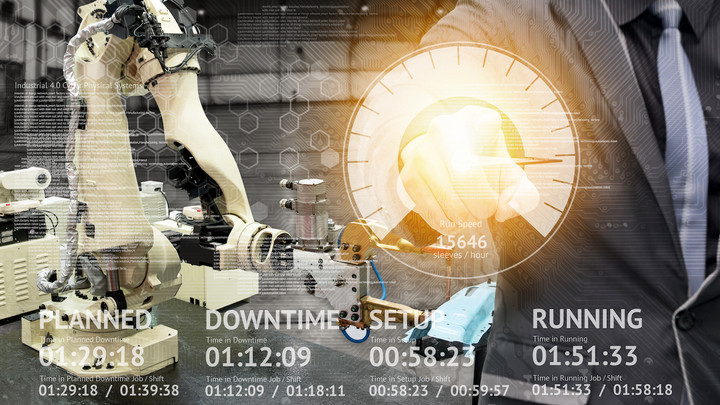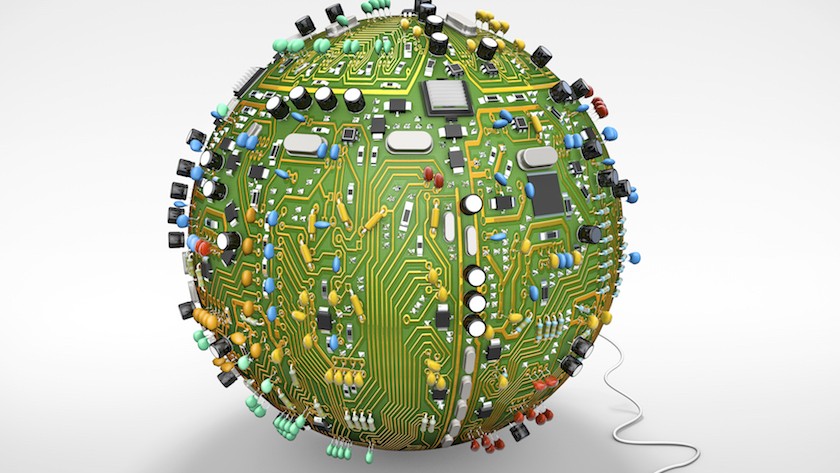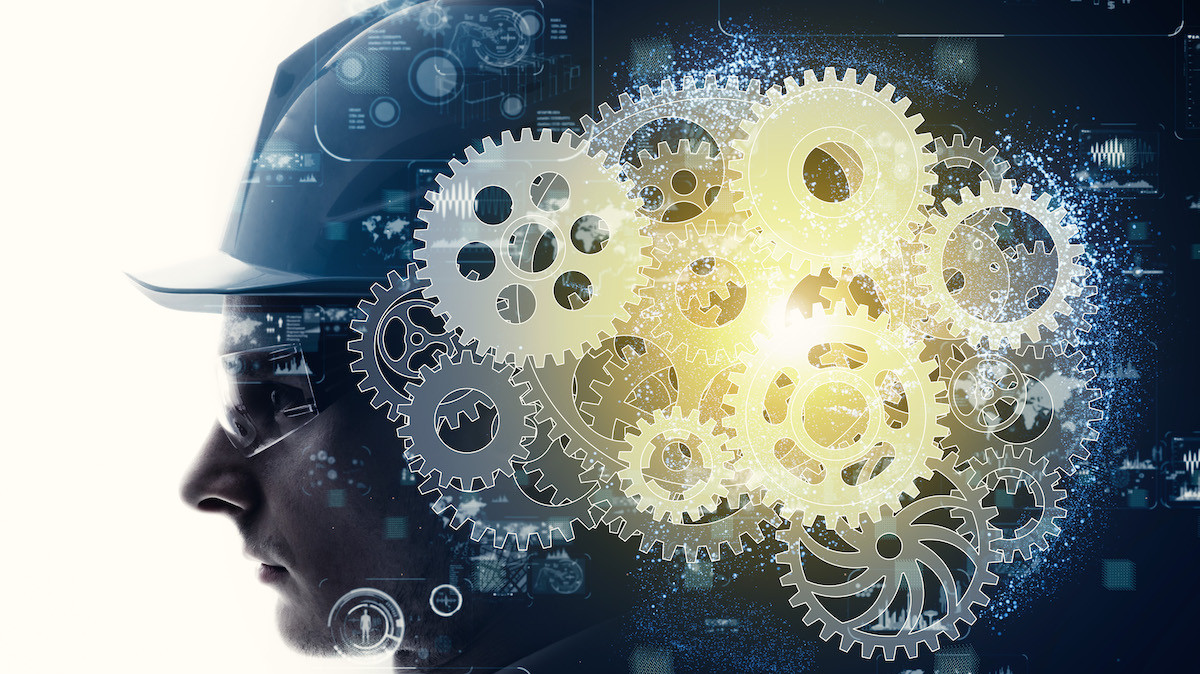IoT and Industry 4.0 Paving the Way
eco's Managing Director Alexander Rabe argues that industrial IoT requires a rethinking of central value creation processes, or even of entire business models.

© Zapp2Photo | istockphoto.com
In Germany, we often lament a lack of willingness to digitalize many areas of society – and we are right to bemoan this. However, when it comes to the field of production, there is nothing to be glum about.
On the contrary, by international standards, the German market is highly developed. Analog production and delivery processes are being digitalized in a rigorous manner, both on the strength of interconnection in production (machine-to-machine communication, M2M) and further development in the direction of industrial IoT (Internet of Things) and Industry 4.0. The German manufacturing industry ranks among the world leaders in industrial IoT. This is confirmed by the study “The German Industrial IoT Market 2017-2022”, published by eco – Association of the Internet Industry and Arthur D. Little.
The study examines six important market trends. To take one example: Industrial IoT solutions enable companies to increase their flexibility right up to the point of delivery, and to equip themselves for the future with “as-a-Service” business models. Such solutions are paving the way for further economic growth and competitiveness in a globalized competitive environment.
Almost every second job in Germany depends on the production of goods. Since the 1970s, concerns have been expressed that automation is occurring at the expense of jobs and societal wellbeing. This fear has never been substantiated, as the figures of the German Bureau of Statistics and the German Engineering Federation (VDMA) credibly prove. The number of people employed in mechanical engineering, for example, has risen steadily in Germany since 2005 and, at over 1 million in 2017, is higher than it has been since the early 1990s. Work has changed and become more digital, but has not been diminished.
The German industrial IoT market will more than double in the five years between 2017 and 2022 to generate a turnover of around 16.8 billion Euros. The study examines a total of seven sectors. Automotive production – already the largest market segment today – is growing fastest, at over 20 percent per year, followed by mechanical and plant engineering at 18.9 percent per year. Taken together, both segments account for over 50 percent of the total industrial IoT market in Germany.
During the phase of transformation, digitalization can nevertheless be a bit uncomfortable – and sometimes even painful. To master this, industrial IoT requires a rethinking of central value creation processes, or even of entire business models.
The German industrial IoT market will more than double in the five years between 2017 and 2022 to generate a turnover of around 16.8 billion Euros. The study examines a total of seven sectors. Automotive production – already the largest market segment today – is growing fastest, at over 20 percent per year, followed by mechanical and plant engineering at 18.9 percent per year. Taken together, both segments account for over 50 percent of the total industrial IoT market in Germany.
During the phase of transformation, digitalization can nevertheless be a bit uncomfortable – and sometimes even painful. To master this, industrial IoT requires a rethinking of central value creation processes, or even of entire business models.
According to the study published by eco, industrial IoT solutions comprise of around 30 competencies. Any individual company’s chances of covering the entire value chain alone in the future is hardly feasible. Industrial IoT should therefore be approached as an ecosystem business model. Within this model, cross-industry collaborations are increasingly a prerequisite for offering relevant services to customers.
Industrial IoT is essential for maintaining and expanding the competitiveness of German companies on world markets. Digitalized production companies can exploit this enormous potential if they combine their strengths with those of the Internet industry. With growing prosperity, our entire society thus stands to benefit from digitalization.
Since January 2018, Alexander Rabe has been the Managing Director of eco – Association of the Internet Industry, the largest Internet industry association in Europe. He took over the management of eco’s Capital Office, including the division of Policy, Law and Regulations, in 2016. Prior to that, Rabe was CEO of the Gesellschaft für Informatik (GI) and CEO of German Informatik Akademie GmbH in Bonn.





